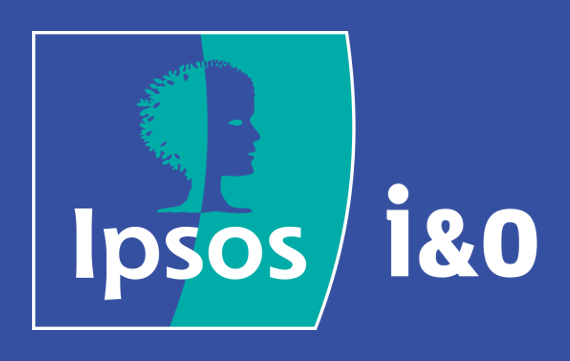Generational Marketing: Breaking free from stereotypes
Generation labels are popular buzzwords in the business world, with marketers and market researchers often defaulting to talking about – and targeting – Gen Z, Millennials, Gen X or Baby Boomers. But how much do these labels actually mean? And are the stereotypes attached to them helpful when trying to connect to consumers as real people?
While segmenting people by generation can certainly be a useful starting point, it also runs the risk of being quite simplistic. We go in search of generational differences, but too often they are fuzzy and unclear. Often it’s people’s life stages and need states which play the bigger role in their attitudes, values and consumption behaviours.
With the return of inflation and a slowdown in purchasing power growth, price and affordability are also playing an increasingly important role in the way people chose brands.
One fundamental truth remains: people crave connection. They want to feel seen, understood, and valued by the brands they engage with.
In this Ipsos Views paper, we show how marketers can break out of the constraints of narrow generational definitions and stereotypes, sharing four ways for building stronger brand connections with the consumers that matter most.
Generational segmentation can be a useful starting point, but do not assume it will be your final destination.

![[Webinar] Unlocking the value of reputation](/sites/default/files/styles/list_item_image/public/ct/event/2023-09/Ipsos-Unlocking-thevalue-ofreputation.png?itok=szFjC4Pw)
